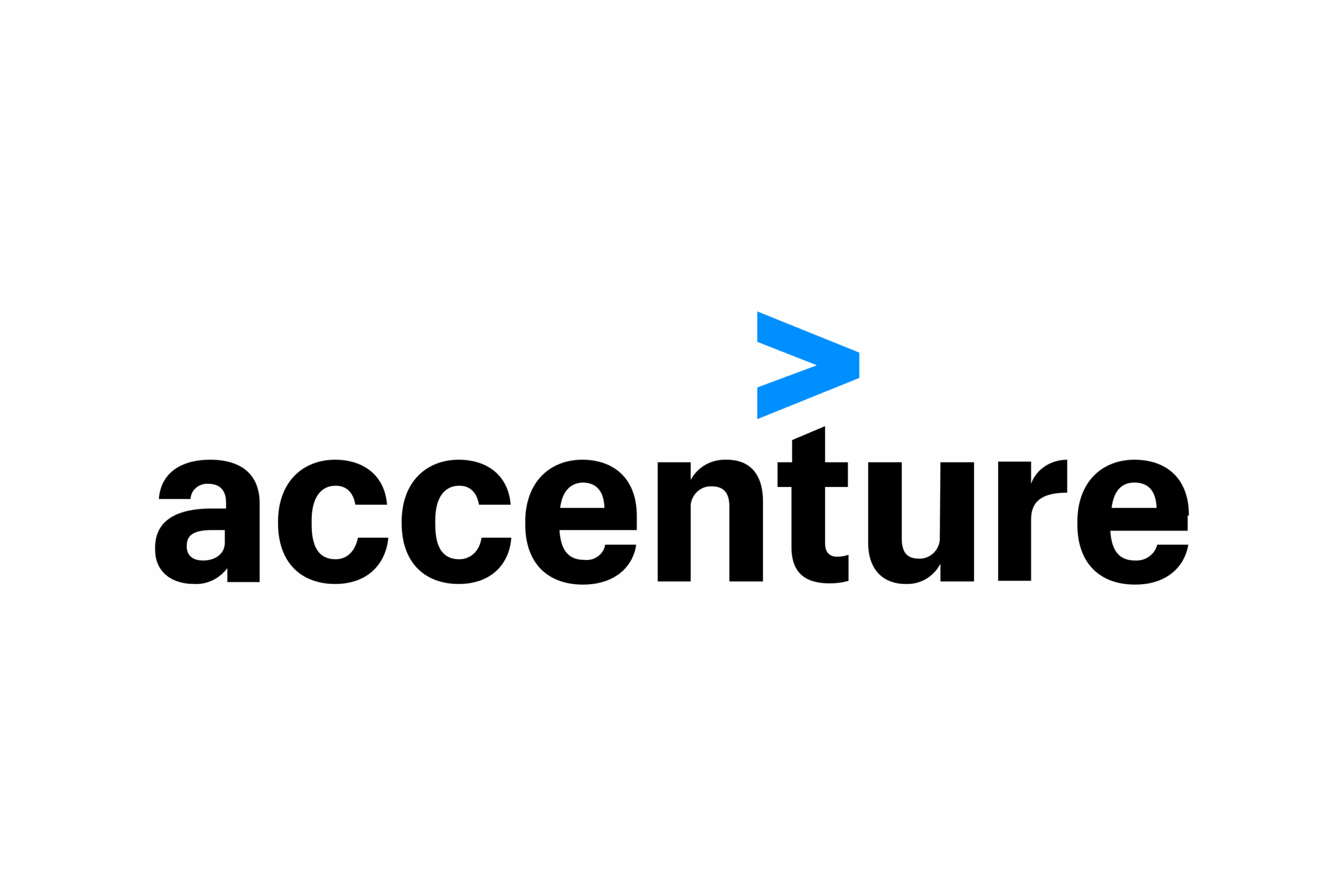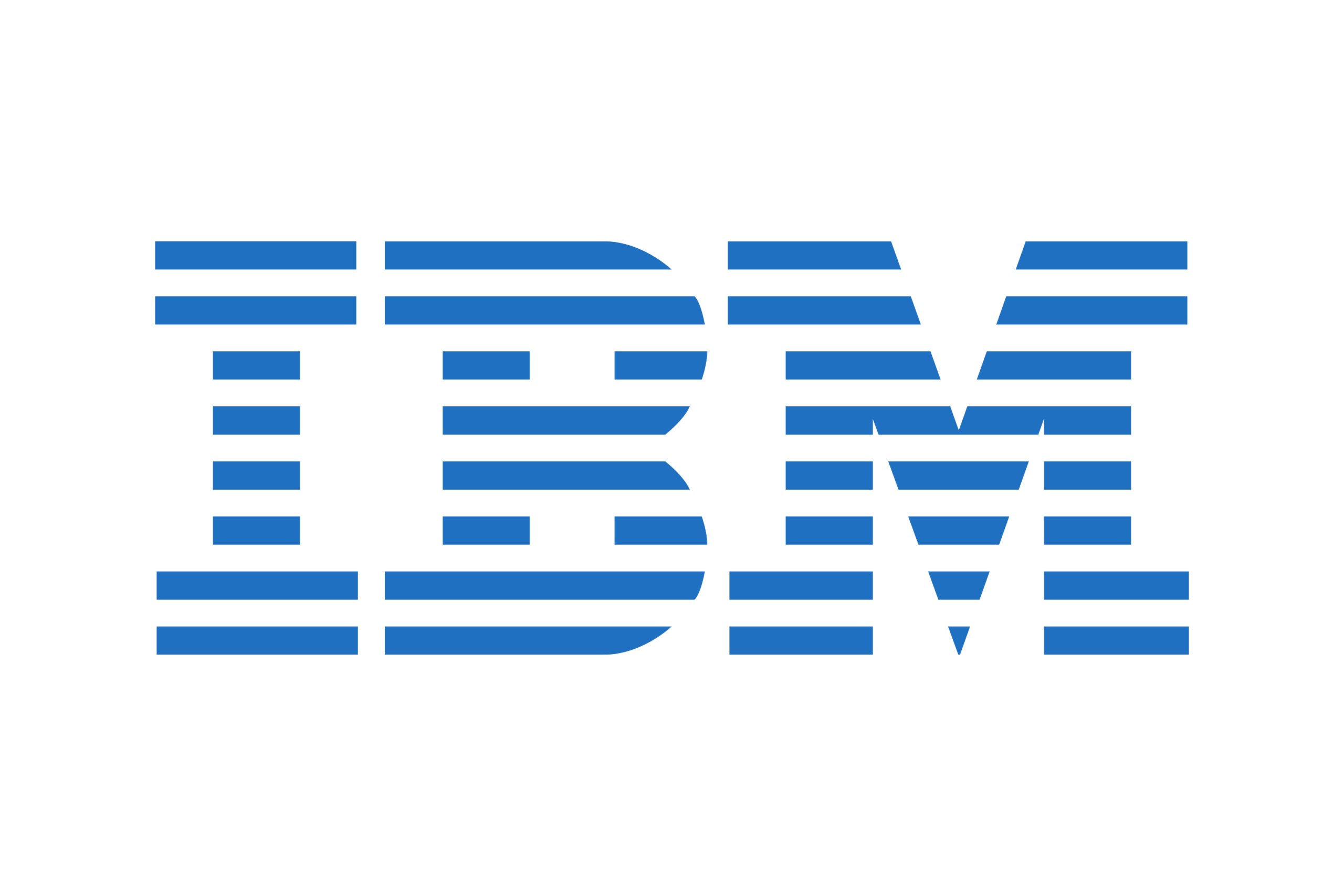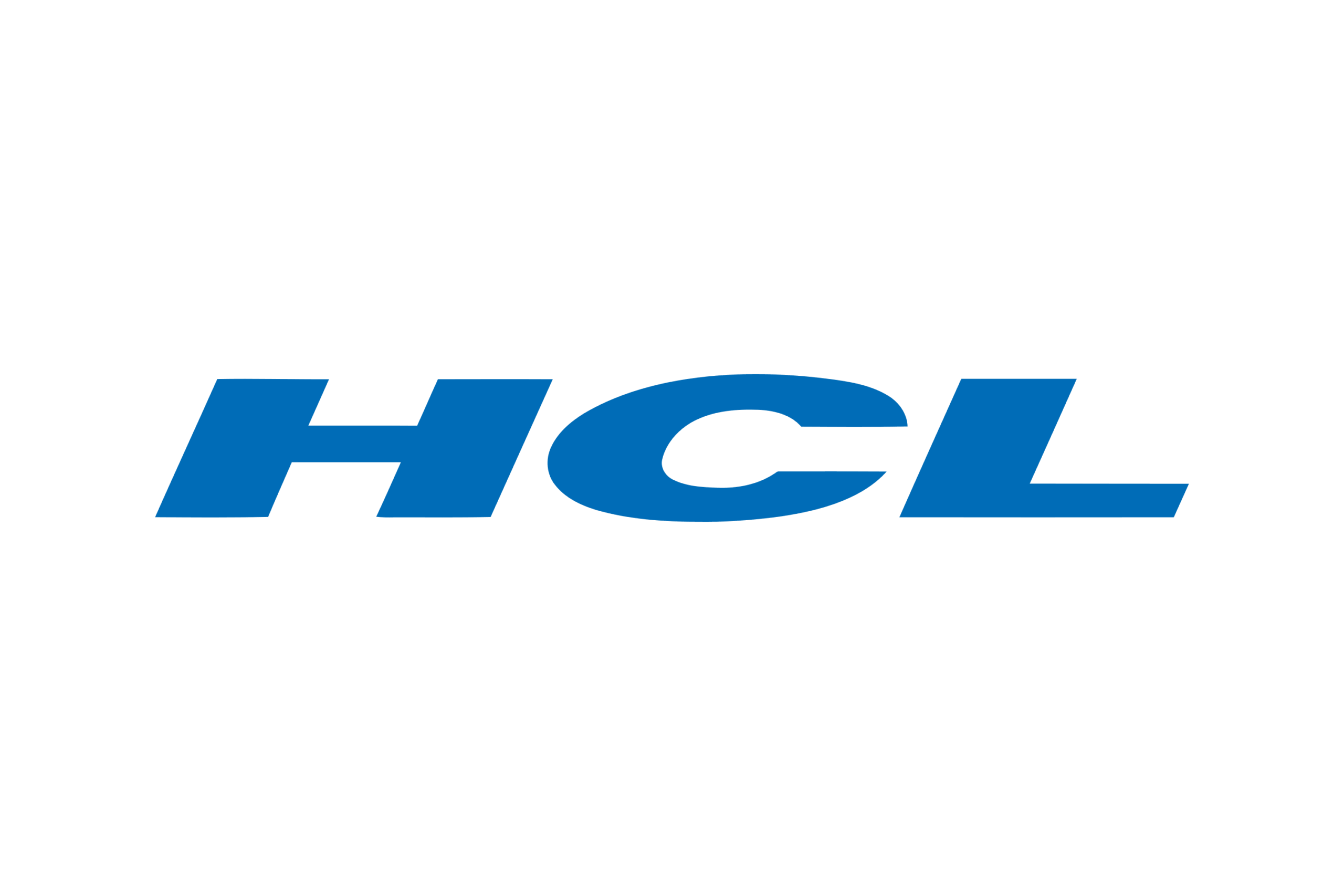Cloud Computing (AWS, Azure, GCP)
Apply Now
🔥 Trending
Course Mode
Offline
Duration
3-4
Eligibility
A minimum of 50-60% in 10+2 from a recognized board, with Physics, Chemistry, and Mathematics (PCM) as core subjects.
Entrance Exam
JEE Main or WBJEE for B.Tech. programs.
Type of Course
UG
Course Summary
A Cloud Computing course teaches students how to design, deploy, and manage applications and services over the internet using platforms like Amazon Web Services (AWS), Microsoft Azure, and Google Cloud Platform (GCP). The curriculum focuses on core concepts such as virtualization, storage, networking, and security within a cloud environment. Students learn to implement scalable and cost-effective solutions for data storage, web hosting, and big data analytics. This program is for individuals who want to build expertise in a field that’s revolutionizing the IT industry by moving away from traditional on-premise infrastructure. It’s a key skill for a future-proof career in technology.
📅 Upcoming Admission Deadlines
- cloud-computing-aws with 50 % scholarship August 28, 2025
Top Recruiters

TCS

Wipro
Infosys

Accenture

Microsoft

IBM

HCL Technologies
Career Scope
Network Engineer
Electric Engineer
Frontend Engineer
Software Developer
Web Developer
College-wise Fees
Frequently Asked Questions
The three main service models are Infrastructure as a Service (IaaS), which provides fundamental computing resources; Platform as a Service (PaaS), which offers a platform for developing and deploying applications; and Software as a Service (SaaS), which delivers complete software applications over the internet.
A virtual machine (VM) is a virtual computer that provides OS-level control on the cloud. Platforms like Amazon's EC2, Azure's Virtual Machines, and Google's Compute Engine allow users to create and manage VMs to run their applications.
Cloud platforms offer various storage options, such as object storage (like AWS S3 and Google Cloud Storage) for large, unstructured data and block storage for VM-based volumes. These services provide durability and scalability, enabling users to store and retrieve any information over the internet.